Bubblin’ Up: Kelly Moran
Deep conversations with the new Warp signing.
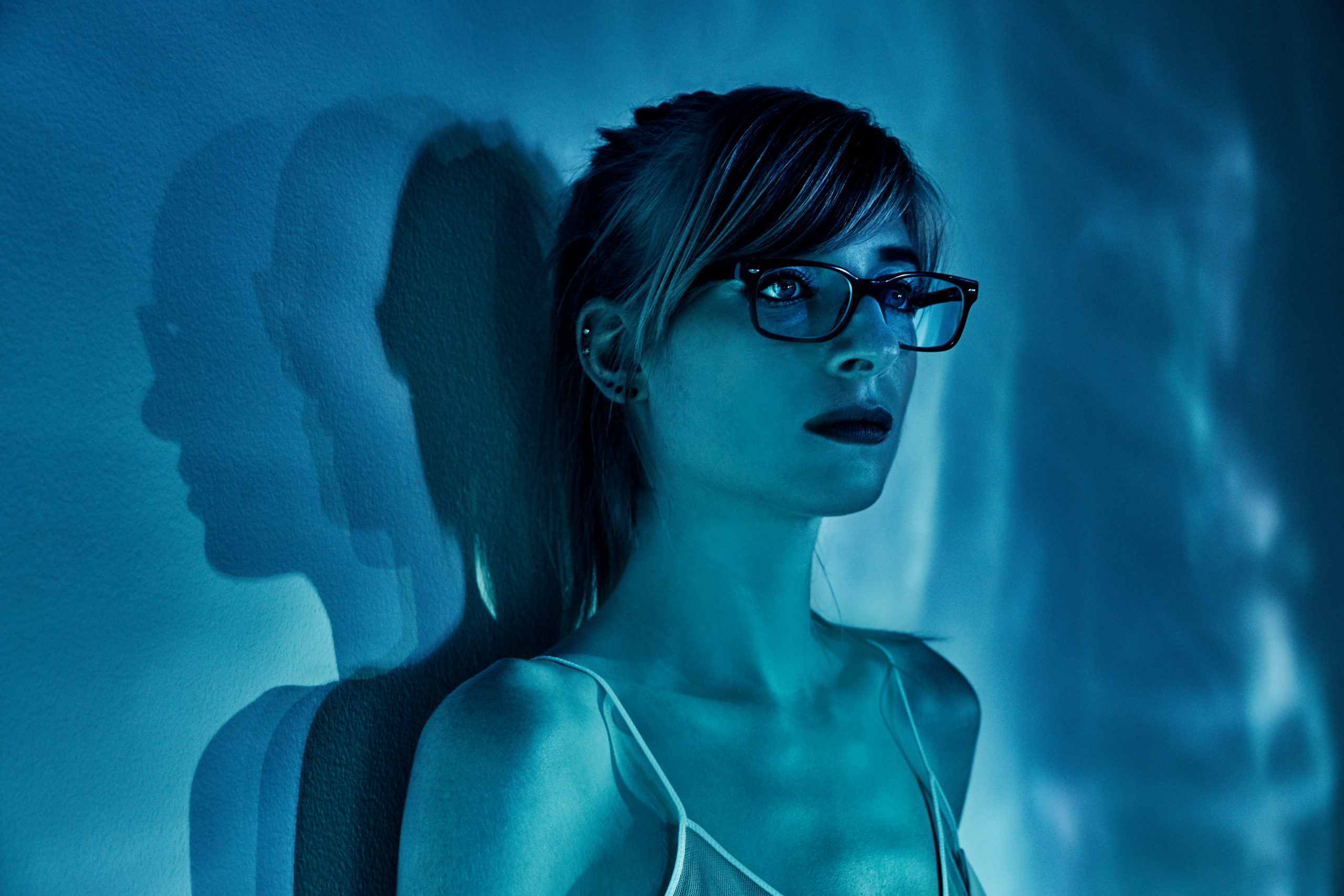
Bubblin’ Up: Kelly Moran
Deep conversations with the new Warp signing.
Kelly Moran is the latest signing to Warp Records:”..as soon as I heard Warp was interested, my decision was made,” she gleefully explains from her Brooklyn apartment. Ultraviolet, a seven-track effort that makes innovative use of electronic musical techniques in combination with the John Cage technique of the prepared piano, will arrive on November 2, a follow-up to 2017’s Bloodroot via Telegraph Harp. “I really feel as though I pushed myself to make something that felt like a new statement in this area I’ve been working in as a composer,” Moran continues.
Growing up in Port Washington, New York, Moran began learning the piano aged six, encouraged by her parents, neither of whom had any background in music but brought her a small digital keyboard on request. “I saw someone playing piano on TV and asked my parents to get me one,” Moran recalls. Development of her skills on the instrument was her focus for much of her adolescence, though she was also competent on string and electric bass, clarinet, oboe, and guitar by the time she sought to satisfy an “obsession” with electronic music by using Logic to make audio collages at the age of 15.
Nonetheless, her piano skills really developed while studying for her degree in Performing Arts Technology at the University of Michigan-Ann Arbor, though doubts as to her commitment to classical piano development lingered throughout, ignited one day while in the practice room at the Manhattan School of Music. “I could hear someone next door practicing the exact same piece, and they sounded so much better than I did,” she recalls in another interview. “It was really disheartening, and I just thought, ‘Ugh, I don’t want to do this.’ I want to do something that makes me stand out.” She went on to pursue her MFA at the University of California, Irvine, where she composed experimental piano pieces primarily to accompany dance performances. “I was encouraged to just focus on piano so that I could study classical performance in college, but my interests were too diverse to commit to one thing,” she said, “so I chose a major that let me study composition and music production, in addition to piano performance.”
Returning home upon graduation, Moran continued her experiments, delving into two band projects—playing bass guitar in Cellular Chaos and keyboard in Voice Coils—while also accepting composition commissions from noted avant-garde performers and investing in her own solo work. Central to this was the skill of prepared piano, a blanket term for the insertion of foreign objects into the body of a instrument to alter its sound. She remains first and foremost a professional pianist, but her fascination with and forays into more experimental realms have distanced her output considerably from what her early teachers had in mind for her; her music is soothing, serene, and refreshingly original, a quality founded upon Moran’s rejection of the rigours of academia. With a new album on the way, this time via Warp Records, we caught up with Moran to learn more about the release.
Talk to me about your new album, Ultraviolet. How do you feel it compares to your earlier full-length efforts?
Ultraviolet is a really new statement from me in a lot of ways. As a pianist, it represents a monumental leap forward in my abilities to express myself with a more refined style of playing. In the past, I think my music has sounded more metronomic and constrained, but now my playing is a lot more fluid and unhinged. My entire sense of rhythm is approached in a much looser way—I play around with expanding and compressing time on this record, and it’s kind of a trip for me to hear it because I sound so different than I have in the past. And as a producer, I broke new ground working in depth with my synthesizer, a Prophet 12, to build really lush, dreamy sound worlds on the tracks. I think the combination of the piano with all the electronics works really beautifully, and it feels like a really fresh development for me in my work—as someone on their third album of writing electro-acoustic piano music. I really feel as though I pushed myself to make something that felt like a new statement in this area I’ve been working in as a composer.
How and why did this development occur—did you feel more at ease to explore sonically or was it a conscious decision?
This development occurred during the process wherein I improvised the music that later became the record. It was during a really long improvisation session where I was just playing for myself and not playing with a specific goal in mind. Not having a conscious intention for what the music would become freed me up mentally in a really significant way and allowed me to access modes of musical expression I previously felt I didn’t have access to. It was funny to me how specifically not trying to make anything on purpose resulted in me creating one of the most significant statements I’ve made as an artist. It’s almost like I tricked myself mentally without intending to. Sometimes when I’m trying too hard to do something during the compositional process, it becomes a mental roadblock and I become too self-aware. But when I’m not thinking about where something will end up or how it will fit into a performance or recording, it lets me take that idea further than I normally would because there are no constraints attached to it.
Yes, the album press release explains how you wished to make music that was “natural, connected, and effortless.” What’s the story here?
Yes, basically this album sprung from a period where I was trying really, really, really hard to write a piece of music for another musician. It was a commission that ended up being a struggle to appease someone whose style of playing was totally different from mine, and I was having a lot of difficulty finding common ground. After weeks and weeks of struggling, I took a break one day and went out into the forest near my home to go for a hike and a swim with one of my friends. We had a glorious trip enjoying the natural splendors of rural Long Island together, and I started feeling this strong connection to nature and how good being in the woods made me feel. Seeing how all the plant and cell life in this forest was connected and how stunning it all was, effortlessness in its existence, this natural beauty permeating my entire being—I just looked around me and saw how beautiful nature was without trying. How beautiful something can be, how profound, just existing as is. It made me think about how meticulous and obsessive I can be about music, and I realized I wanted to make music that felt like how I felt in that moment. It’s hard to describe and probably sounds a little crazy, but I think I just had a really pure moment with nature and it set off a domino effect in my brain that day.
Did you go into the studio that very afternoon and record, or was it a longer process during which you “held” this feeling from being outside?
I went straight to go play piano that afternoon after I went home from the hike! It was pretty direct. I felt really inspired by the feeling and it immediately made me want to play piano to keep it going. The bulk of the album material was generated in one day through that one long improvisation session I recorded, and then I spent two months refining and developing the music. Then I tuned my piano and recorded all of the piano tracks for the record over a long weekend. I recorded all of the piano parts on my piano at my parents’ home in Long Island (that’s where it lives, because I cannot fit a grand piano in a Brooklyn apartment.), and then I brought the recordings back to Brooklyn and recorded all the synthesizer tracks at my apartment, which took around two more months.
When I listen to tracks like “Helix,” it evokes such a beautiful emotion in me. How does your music make you feel?
Thank you for saying that! “Helix” is very special to me, that track in particular represents a really visceral joy. When I was improvising the DNA of that piece, I was so tickled by a discovery that was yielded from playing the piano in a way that was very percussive for me—I’d never played that way before or played any pieces that had this sort of technique, but I was mostly alternating notes with my thumbs—right left, right left—in rapid succession, and playing really, really fast. I remember feeling this sort of amazed ecstasy at how this extremely physical style of playing piano resulted in an amazingly beautiful patterned array of sound that lent itself really well to minimalism. When I first did it, I think I played nonstop that way for like 10 minutes because I was having such fun and enjoying the sound so much. So, when I hear “Helix,” I always feel tenderly sentimental for those 10 minutes where I made this beautiful discovery that resulted a piece that I love so dearly. All the pieces on this record feel very sentimental because they remind me of the moments in which I was creating those pieces and making all these discoveries in the process. The music feels really good for me to both play and listen to because it takes me back to those moments.
When you say “moments,” you mean these technical breakthroughs in the studio, or do you mean moments of happiness outside the studio? Where is your mind when you’re making music?
Here I’m referring to the moments during that improvisation session at home where I was playing piano and having all those little epiphanies about my playing. Sometimes my mind isn’t focused on anything at all besides the physical aspect of playing and how it physically feels to be playing piano at that moment. But other times I would be reminded of a specific person or idea, and trying to embody how that memory makes me feel and translating that to physical gestures at the piano.
You talk about feeling free in the studio, especially on this album. Do you ever feel a pressure to make music that sells or is music still just a vehicle of expression for you?
When I made this album, I literally sat down with the mental intention of not really trying to make anything—I deliberately tried to avoid the mental obligation of creating music that would serve a specific purpose or goal. I just improvised and captured an actually magical experience in which I was totally uninhibited and unbound from any specific intention other than to simply create. It was really pure, and I think it’s why this album is a really deep expression for me as a musician, it’s really about how much I just love playing piano. I hope that comes across and resonates with people, because it’s really satisfying when I see people appreciate the work I do. If that translates to sales, sure that would be amazing; but I don’t approach it like that, that’s never part of the mental process when I’m making music.
Have you felt this pressure previously? And what made it different this time?
I haven’t, no. I’ve never really expected to make music that would sell because we live in a time where people don’t really buy music the way they used to, and it’s not really a consistent means for generating income as a musician. I’ve never thought, “Oh I need this record to sell because I need to pay my rent this month!” I’ve always relied on other sources of musical work to make ends meet, and that’s not why I’m making albums anyway. What makes it different this time is that I’m on quite a bigger label than I’ve been on in the past, and I do feel a bit of pressure not to let them down, but that’s coming purely from my end and not theirs.
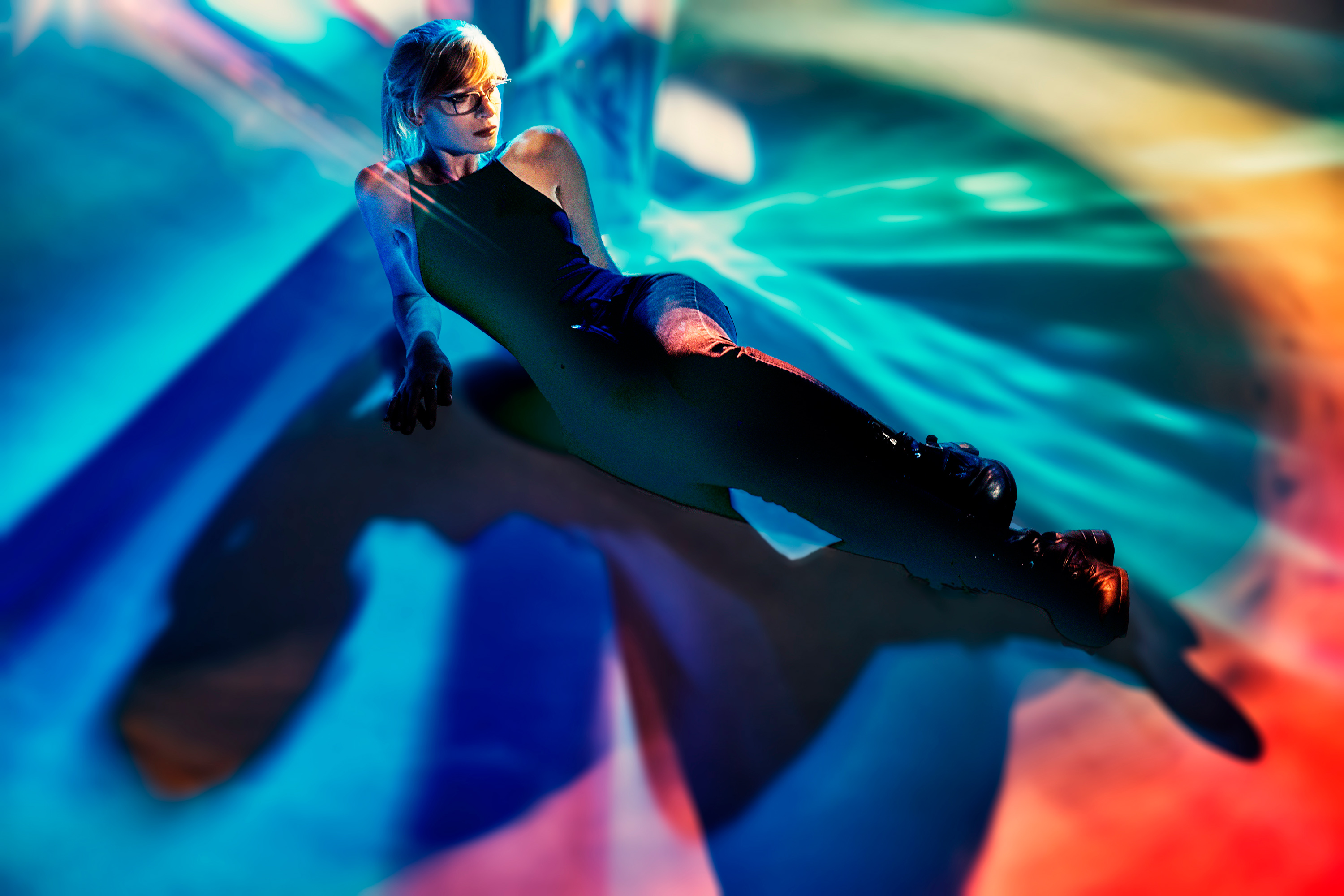
Looping back to this emotion, do you find music writing and composing to be a deeply cathartic process?
Totally, there are revelations and epiphanies that can only happen when I’m playing my instrument or writing. It excavates emotions I didn’t even realize I had.
Where do these emotions come from, and do you find it easy to access them? Do you have to be in a certain mindset to make music?
I don’t need to be in one specific mindset to make my music, because all of it is born from different circumstances that I’m navigating. Usually there is just one core idea or inspiration that ends up turning on the mental faucet and letting it flood out. Lately records of mine seem to have a really clear basis that motivates the creation of the whole album, and that helps drive the entire process along pretty quickly. Every album of mine has been a really, really different process, but I will say with the last three (Ultraviolet, Optimist, and Bloodroot) the bulk of the material was generated relatively fast, normally less than three months. Lately records of mine seem to have a really clear basis that motivates the creation of the whole album, and that helps drive the entire process along pretty quickly. I think what made this instance different is the mindset I was in that particular day when all this material came bursting out of me! Having that really special moment in the woods and bringing it back home to immediately channel it via my piano improvisations; it definitely helped me access a means of expressing my emotions in a new way.
Can you give elaborate on these “core ideas” that turn on the “mental faucet?”
Bloodroot was a somewhat academic exploration in which I was navigating a whole new way of working with the piano and the excitement of this new medium brought a lot of inspiration. The sheer amount of ideas I was suddenly culling with these new sounds from the piano was the driving force behind its creation. It wasn’t so much about specific emotions; I don’t really think it’s a very emotional album at all. It was mostly about just pushing myself to experiment with as many timbral ideas as I could. But Optimist (which was composed after, but released before Bloodroot) was a very emotional experience for me because it was when I realized Bloodroot’s release would be delayed until 2017 and I really, really wanted to put out music in 2016 since it had been four years since my last album. I also happened to be extremely depressed at the time and dealing with a lot of loss and isolation in my personal life, and it was the first time I really, really relied on writing music to get me through a difficult period in my life. It was the one thing that was motivating me to get up in the morning and keeping me from staying in bed all day. I knew if I produced something I was proud of, it would somehow help me be more functional. I sort of tricked myself into having an optimistic mindset in order to get through the fatigue and struggle of my existence at the time. So Optimist is a very emotional album for me because my mindset was so extreme and dire; it was like, “I have to do this otherwise I cannot do anything else.” It felt like a necessary statement of existence for me since I had been so afraid of putting myself out there as a musician for so many years prior to it.
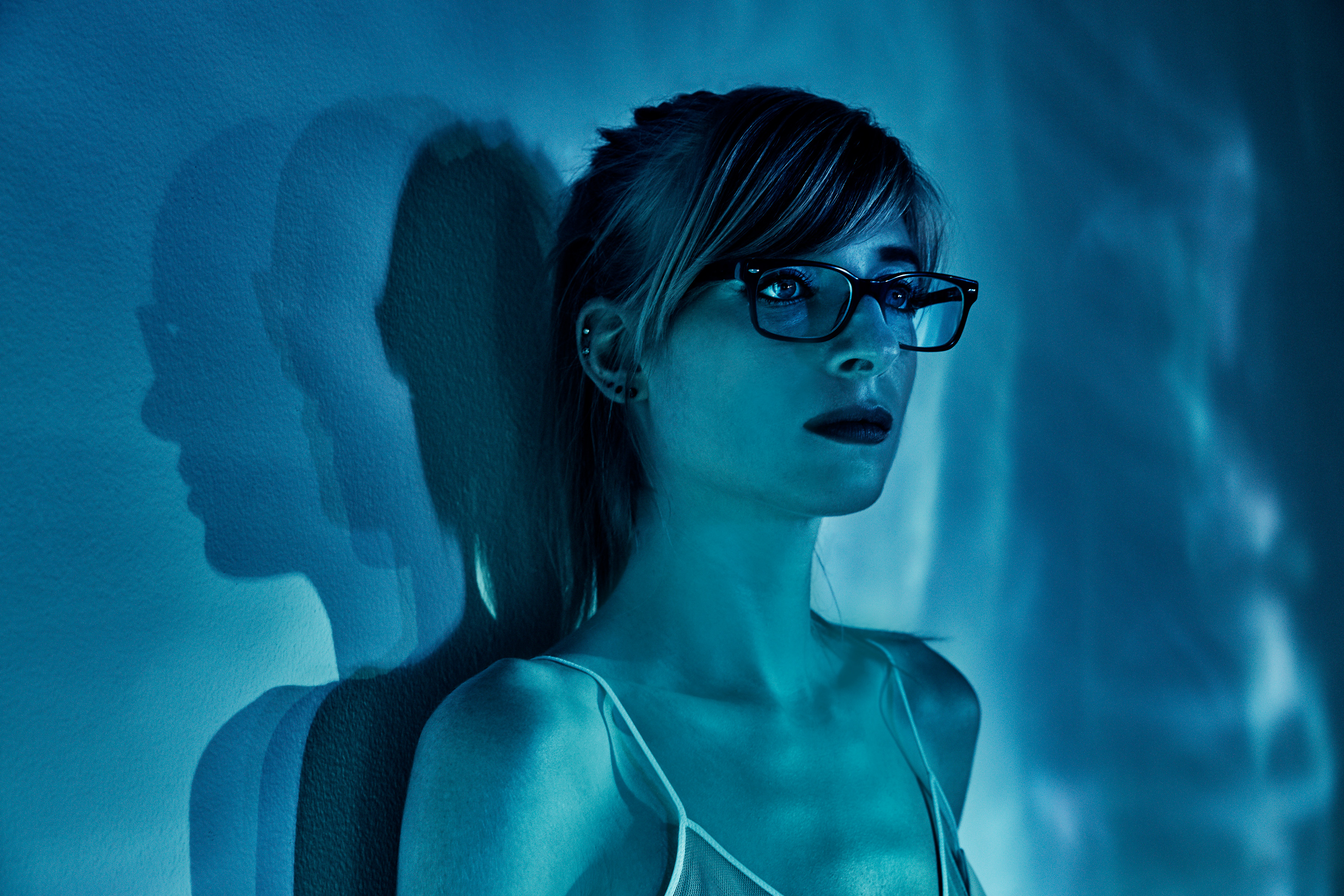
You began playing the piano at six years old, after seeing someone playing one on the television. What do you think drew you to the piano as an instrument, given you don’t come from a musical family?
I have no idea. I think I was just born as someone who is naturally drawn to music, I remember being totally obsessed with it for as young as I can recall. I wish I could remember the exact music I heard being performed when I saw the piano on TV for the first time. I just remember being really curious. Even from a young age, I always thought piano was the best instrument to play because you had such a big sonic range to draw upon, and that gave you a lot of expressive freedom, and control. I’m sure I was just really drawn to how it sounded. But I do believe that I am predisposed to music the way certain people are born really great athletes or naturally good at math. Music isn’t big in my family, so it definitely wasn’t a question of nurture. The fact that I happen to have perfect pitch makes me think I was just somehow destined to be a musician; my brain is literally wired for it and pretty much nothing else.
I understand that you studied piano rigorously through your early teens. Was the ambition always to become a professional pianist, and did you enjoy the sacrifices you had to make?
My only ambition has been to make music. I was never really sure where exactly my path would take me as an instrumentalist or a composer, but I just knew I wanted to make music in some capacity for a living because I couldn’t imagine doing anything else. Growing up, I was really committed to piano but I also had a short attention span and wasn’t the sort of person who could sit and practice for six hours every day. I would always take frequent breaks, and playing other instruments felt like a valid excuse to not have to play one instrument nonstop for hours! (laughs). Even though there were a lot of sacrifices I made in order to devote time to practicing and getting better, there’s nothing else I would rather have be doing with my time, so the sacrifices always felt like they were in service to a greater purpose that would pay off someday. Plus, I did sort of think as a naive high schooler that devoting myself to music meant I would have a more “fun” career in the long run because I would be doing what I really loved. It certainly beats sitting in an office, right? It was a truly teenage style of thinking, but I think maybe it’s necessary to be a little bit delusionally benevolently optimistic to willingly subject yourself to a career in music since you have to contend with a monumental amount of adversity to really succeed.
Why did you veer away from the traditional classical pianist route after applying to various classical conservatories?
A lot of reasons, but mostly because I was more interested in making my own music and working more creatively as a musician. (Not to imply that interpreting classical music isn’t creative, but you know what I mean. I wanted to create new work.)
I love playing piano, but I got to a point in college where I lost interest in studying the repertoire that classical pianists need to master. More than once I overheard someone in a nearby practice room practicing the same piece I was working on, and sounding 10 times better than me. It was frustrating, but I also knew I was missing an essential puzzle piece to be at that level. I don’t have the passion for classical piano music that’s necessary to have a career doing just that, and I knew I would excel focusing my skills elsewhere. And quite honestly, I was probably always the worst person in my piano studio compared to the actual virtuosos you hear in conservatories. I’m decent as a classical pianist but I’m so much better at playing my own music. I’m pretty self aware as a musician because I’m face to face with my own deficits and limitations every day and trying to overcome them.
This much have brought with it some adversity, with friends, family, and teacher criticizing or doubting your decisions. How did you deal with this?
I actually had a lot of support! I think pretty much everyone who knew me was well aware of how spread out my interests were musically, and how that wasn’t conducive to the more narrow and specific focus you need to pursue classical performance. I also think certain piano teachers were happy to be rid of me so I would stop annoying them with my requests to play weirder music. [Laughs]. A lot of teachers thought I should just take those four years of undergrad to really focus on piano and then let myself explore other things afterwards so that I would at least have the skills and facilities needed to be a professional pianist, but it just became so obvious to me that college was the best opportunity for me to explore all these different interests and genres.
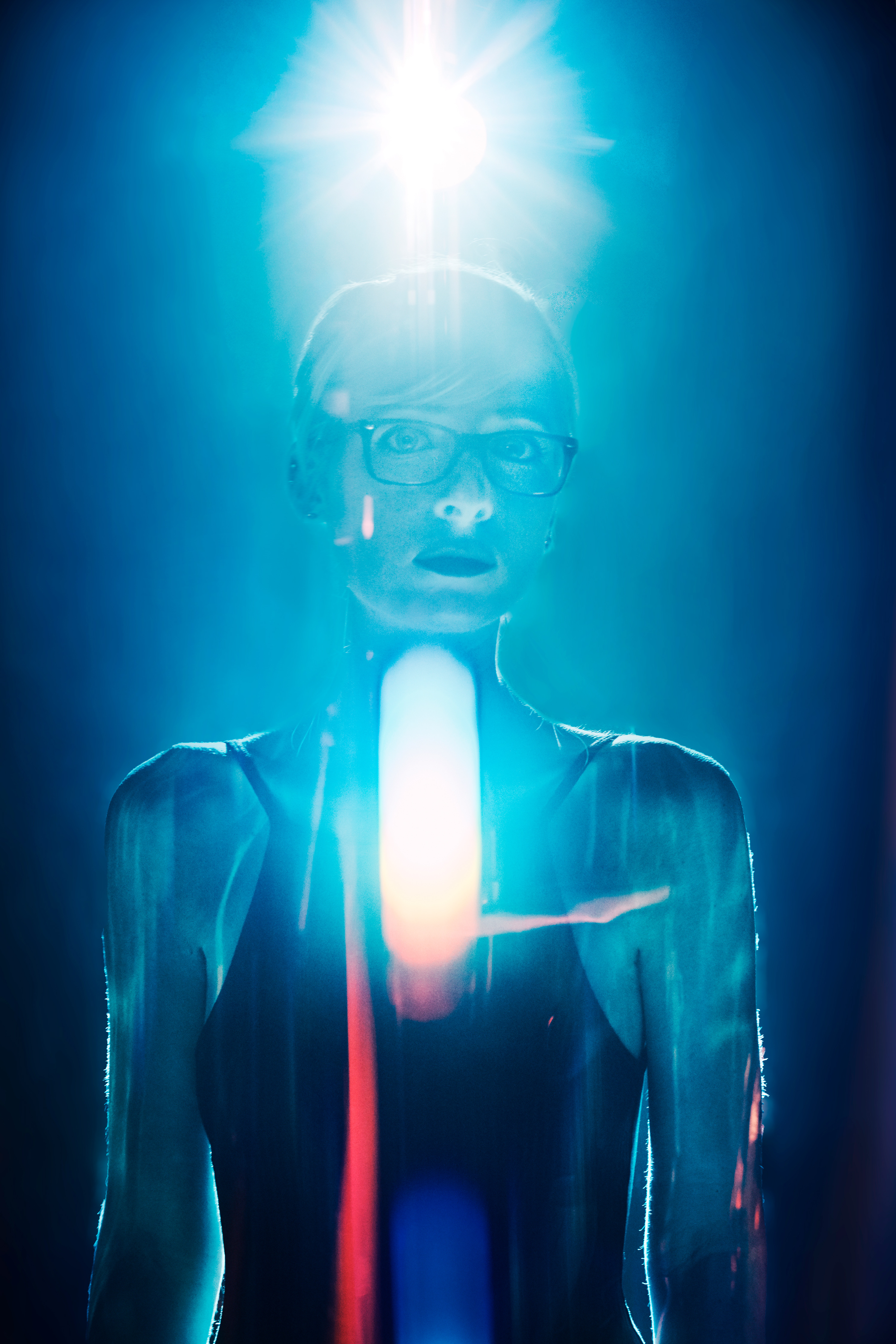
What was it that first drew you to electronic production, around your 15th birthday?
I grew up listening to classic rock and metal, and I didn’t really start listening to any sort of experimental or electronic music until I got to high school. The tipping point for me was when a friend showed me music by Telefon Tel Aviv, and it was the first time I had heard electronic music that wasn’t club music or techno. It was a track called “Fahrenheit Fair Enough,” and it immediately drew me in because there was something really organic about the way the band combined electronic and acoustic instruments within the song. There’s a really beautiful fender rhodes melody that’s decorated by ever-changing complex, algorithmic glitches combined with a really simple acoustic guitar line, and the sonic elements in the piece just co-existed so divinely. It was so subtle and elegant and beautiful. I remember having this “Aha!” moment where I realized music could exist in these liminal, in-between spaces within genres. Hearing that piece really made me want to start making music like it and made me want to start experimenting with recording software and synths.
How did you then begin blending electronics and classical instrumentation, and what did your experiments sound like?
Most of the pieces I composed during this time ended up on my first record, Microcosms, which I put out right after I graduated from college. You can still go hear it on my Bandcamp, ha! There’s the duet for two pianos and synthesized piano electronics, a piece for piano and for ebows, a piece for cello and granular synthesis; the album is sort of all over the place in terms of the instrumentation from track to track, but I think my intentions sound super clear. I’m still really proud of that record, I think it shows how inventive I was trying to be in my sound-combinations. There’s a piece where I’m playing vibraphone over multiple tracks of ebowed guitar drones I recorded, and I am still really proud of little college Kelly for figuring out what a nice combination of sounds that is.
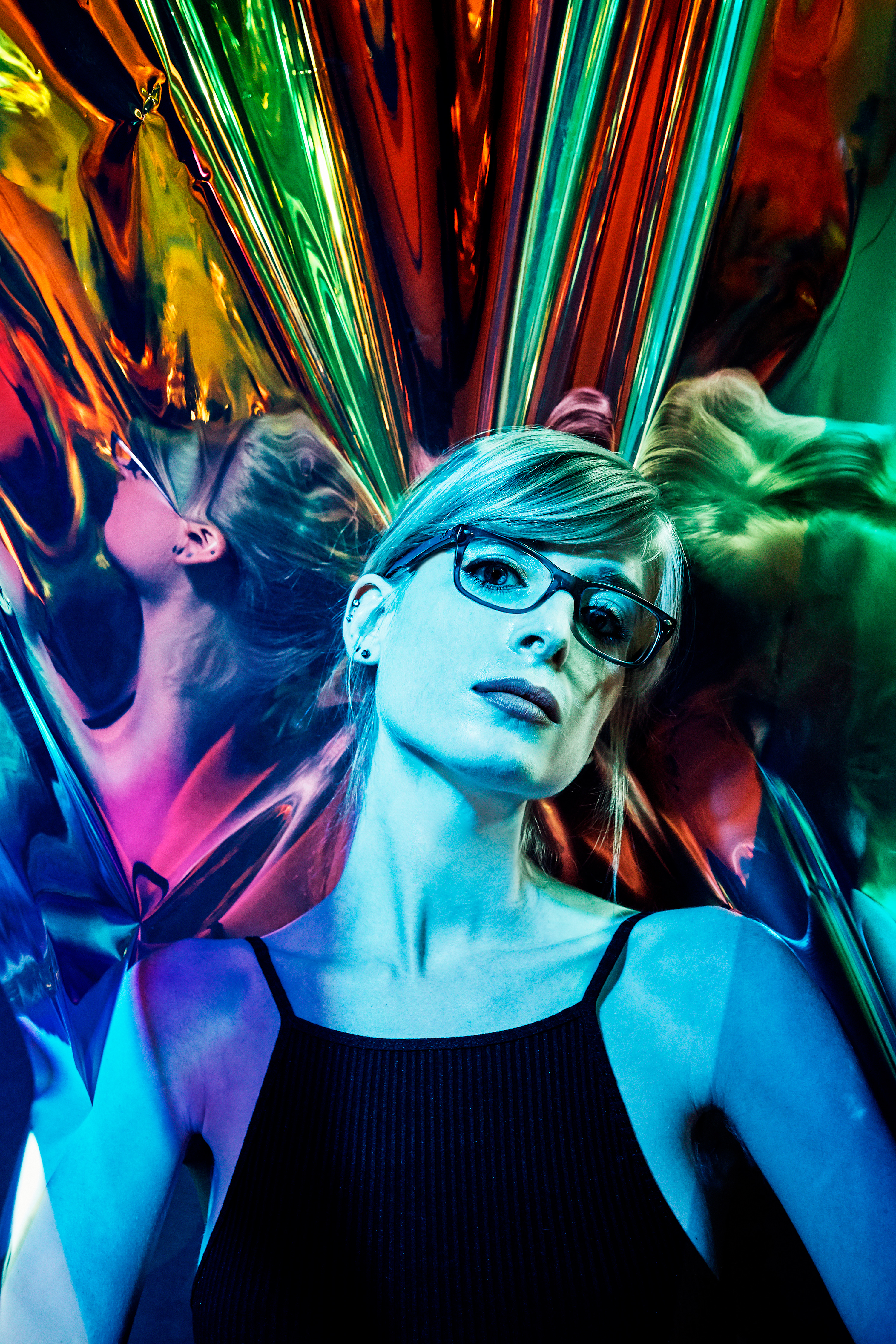
I want to talk about prepared piano. What was it that drew you to it, and how did your expertise in the area develop?
In college, one of my professors, Stephen Rush, always did a yearly “illegal” midnight concert where he played John Cage’s Sonatas and Interludes. I was obsessed with the sound of prepared piano as soon as I heard it, and Rush spent a year giving me piano lessons teaching me how to play Cage’s prepared piano pieces, as well as lots of other contemporary repertoire with extended techniques. I’ve performed various prepared Cage pieces at recitals and concerts, but I didn’t start writing any of my own music for prepared piano until 2016. I think I was a little intimidated to compose for it because it felt so distinctly Cage-ian, and I knew parallels would be drawn immediately. I guess I didn’t want to seem cocky by jacking his piano sound and thinking I could do it justice. But I did.
What were the first piano manipulations that you incorporated into your music?
The first weird piano technique I got into was e-bowing piano strings, and I ended up getting a grant in college to buy four of them (totalling my collection to six.) It produces this really gorgeous, delicate sine-tone-esque timbre that you can oscillate or incorporate harmonics into, depending on which node you place it at on the string. I also found this sound really satisfying to sample and manipulate digitally and have done it in countless recordings of mine. I’m also a big fan of plucked piano strings: they sound so much more resonant and deep than other plucked strings because they’re huge enough to service a piano. Other things I enjoy are muting the piano strings with either fingertrips or a small towel, and obviously preparing the piano by putting screws and bolts between the strings. Lastly, feeding any piano sound into a granular synthesis patch will also produce infinitely delightful results. I did all of those things in my early album works because I was losing my mind at all the possibilities.
How central is prepared piano on the new album?
It’s completely central. The album began solely as material on prepared piano, and all the synths and electronics were built around the prepared piano. All of the tracks (except one) have multiple synth tracks I recorded over the piano. I basically built these little soundworlds around the piano to envelop it and give every piece a distinct space that felt in service to the emotional content. So the whole record is completely keyboard centric, nothing else!
The album also makes use of various “purpose-built instruments,” I understand. Can you talk me through this?
So college when I was studying and learning extended piano techniques in pieces by composers like Henry Cowell, John Cage, and George Crumb, and I absolutely fell in love with all these alternate ways of playing the piano, like plucking the strings, muting the strings, e-bowing the strings, etc. There were all these really amazing ways of playing piano differently but I felt that the actual practice of these techniques was physically demanding and limiting as a result. So I thought, what if I just sampled myself making these sounds and mapped them to a MIDI keyboard? I could play the extended techniques as though I was playing piano normally and utilize these sounds in ways that went beyond my physical capabilities in real life. For example, if I want to pluck a melody on the piano strings, doing it in real time means I have to stand and lean over inside the piano and use my fingers to pluck the strings and hope that I can properly discern all the correct strings and distances between them. But what I did instead was I recorded myself playing every single string individually, and then I mapped the samples in Kontakt via MIDI, so now I can play middle C of my keyboard and it plays the sample of me plucking middle C on the piano, and I can play all these sounds a lot faster. It just opened up a totally deep realm of new timbres of me to use as a keyboardist, and I’ve made personalized instruments of myself plucking, muting, preparing, and e-bowing the piano strings. I’ve also made libraries for other acoustic instruments like vibraphone, glockenspiel, viola, accordion, clarinet, and saxophone.
You said in a previous interview that you “have an endless list of things I want to accomplish musically.” Can you elaborate on where you see yourself going?
One thing I’ve never done as a composer is score a movie. I am dying to do that. I also want to collaborate with dancers again; it’s been a very long time since I composed for choreography. It was a big part of my life for many years and I took a step back when I became an accompanist because dance was already becoming such a huge part of my life. I’ve had enough distance from it now that I’m ready to do more of it again. And I really want to start working more collaboratively with other musicians. I’ve always been the primary composer and producer on my records, and working with Dan (Oneohtrix Point Never) on his live shows and seeing how his collaborations on Age Of impacted the evolution of his music, I am really interested to start doing more of the same. I’ve always been a very solitary composer, so I want to break out of my shell a bit and work with other people. I think letting other people into his creative process really allowed Dan’s music to evolve in a new way, and it definitely inspires me to do that for myself as well. Another big thing I’m interested in is producing music for other people, I worked with Glasser a bit over the summer on some of her excellent new music, and it made me hungry to do more work like that. So basically, there’s just a lot of things I want to try to do musically. There was a time for about four years when I moved to New York that I was very insecure about myself as a composer and unsure of what direction to take my music, and now that I’ve gotten over that fear I just want to expand and allow myself to grow in as many ways as I can.

